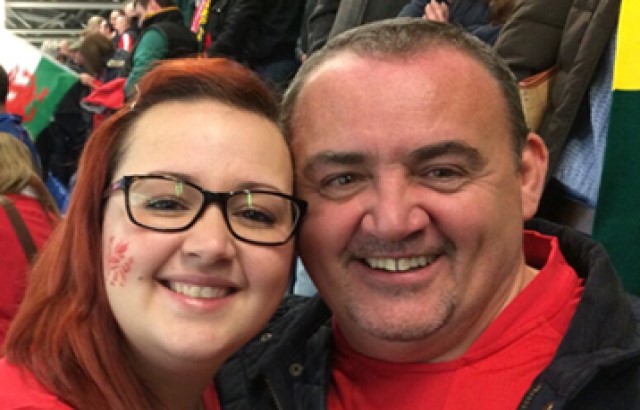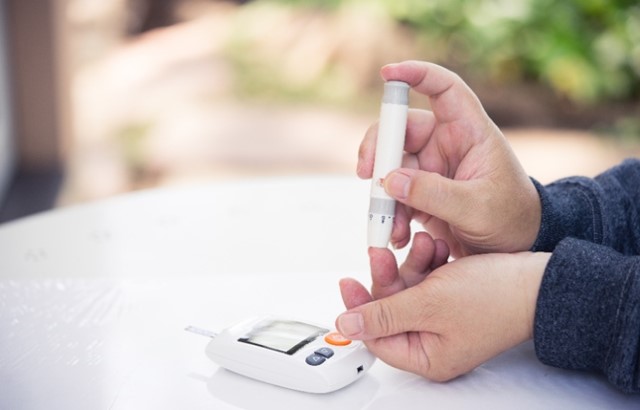
“I didn’t understand how I could be diagnosed with type 2 diabetes when I was a fit and active 42-year-old"


Len Drane, from Treharris, thought he was a fit and healthy, rugby-playing, father-of-three when he had a heart attack playing golf in 2004.

“I felt slight pressure in my chest as we were going round the course, but I thought that was my excitement to beat my colleagues!” The pressure in his chest built as Len played and became too much. “I just remember becoming incredibly thirsty and felt I needed to sit down suddenly.” Len’s colleagues quickly realised he needed help, and he was rushed to hospital.
He was taken to Caerphilly Miners' hospital, where he spent a few days receiving treatment. “At 42 years old, people didn’t initially think it was a heart attack, but my tests confirmed it and it had been very severe.” Len then transferred to Cardiff's University Hospital of Wales and was fitted with a stent to help improve the blood supply to his heart.
Len has now retired and enjoys travelling and spending time with his grandchildren. “I can go anywhere in the world now and I don’t want my diabetes and high cholesterol to stop me.”
Could a new drug help diabetic patients recover after a heart attack?

Want to hear more from Len Drane and Dr Lisa Heather?
Watch our Live & Ticking event here

